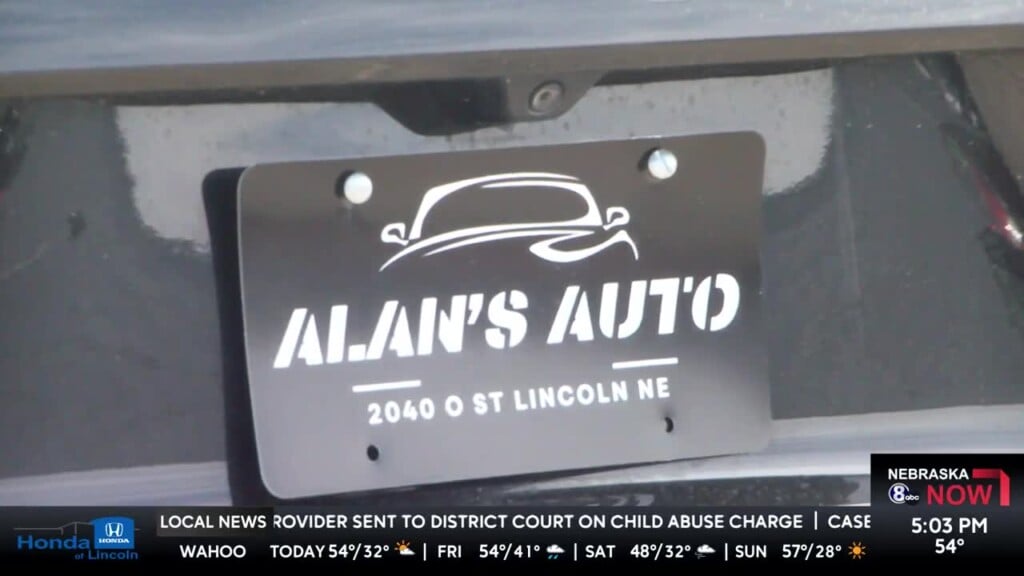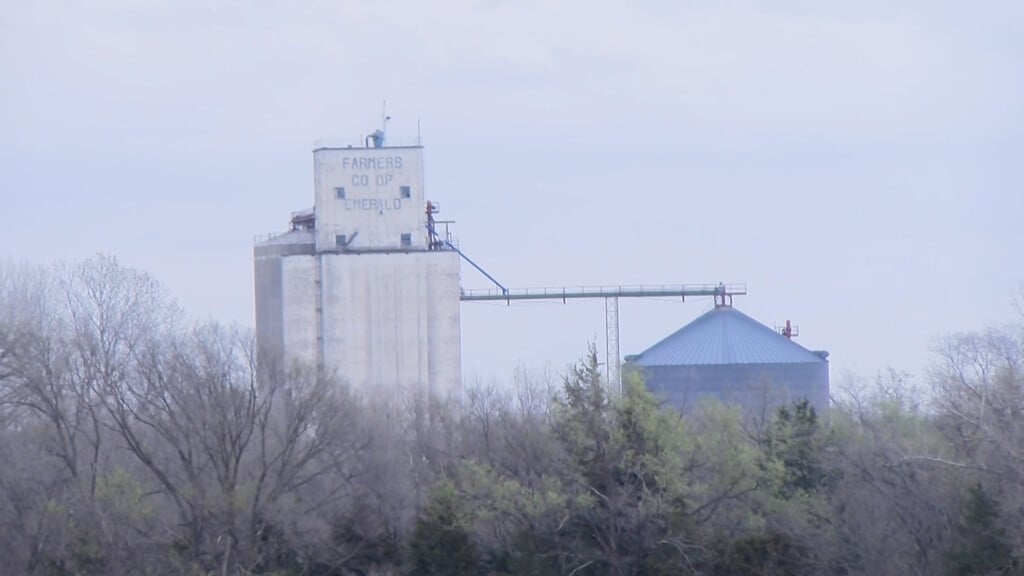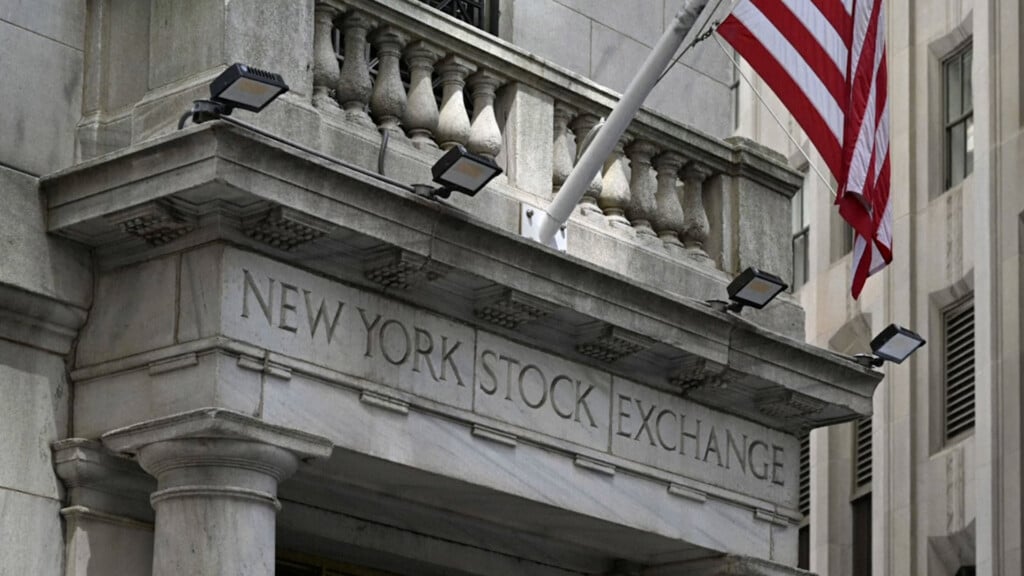Some reports suggest slowing economy, but UNL professor says ‘there’s reason to be hopeful’
LINCOLN, Neb. (KLKN) — Sales at restaurants dipped 1.5% in February, one indicator that U.S. consumers are bracing for higher inflation and a tougher job market.
A meager 0.2% increase in retail sales in February, along with several consumer confidence surveys, shows Americans are tightening their belts.
But one University of Nebraska-Lincoln professor said while many factors contribute to a recession, it’s hard — if not impossible — to predict.
SEE ALSO: Vendors at Husker Lawn and Leisure Show report slow start to spring sales
Lincolnites like Lorraine on the NOW Local News App said this is nothing new.
“I think it’s almost a lifestyle choice that we’re getting used to,” she said. “But I also think that a lot of people have been dealing with these things for a long time, rising costs on everything around us. It’d be nice to get a little relief eventually.”
UNL economics professor Eric Thompson said the slower public spending, plus President Donald Trump’s tariff threats and the potential return to a low immigration policy, all factor into perceived signs of potential recession.
“There are some factors to consider, but the economy has a lot of momentum, too,” Thompson said. “I think there’s reason to be hopeful as well.”
But Thompson tends to think spending in the private sector is more indicative than public spending.
A sustained decline in business investment and housing growth, when combined with decreased consumer spending, can be precursors to a recession, he said.
But he added those factors also tend to overpredict recessions.
“You frequently see these things before a recession occurs, but sometimes, you also see them when no recession occurs,” Thompson said. “So, they’re not iron-clad predictors. There’s really no way to know.”
Thompson’s advice might sound like a broken record, he said, but it remains true: The best way to prepare for a potential recession is to increase savings when times are good.



